Main Second Level Navigation
- News
- Events
- PsychNews
- Mindfest
- Donald Wasylenki Education Day
- The Future of Psychotherapy Conference
- Department of Psychiatry Research Day
- Annual University of Toronto Psychopharmacology Conference
- Professorial Lectures
- Psych Refresh
- TEAM Scholarship Day
- Impact: Psychiatry Articles that Change Treatment
Breadcrumbs
- Home
- News & Events
- News
- Advancing Treatments in Psychiatry
Advancing Treatments in Psychiatry
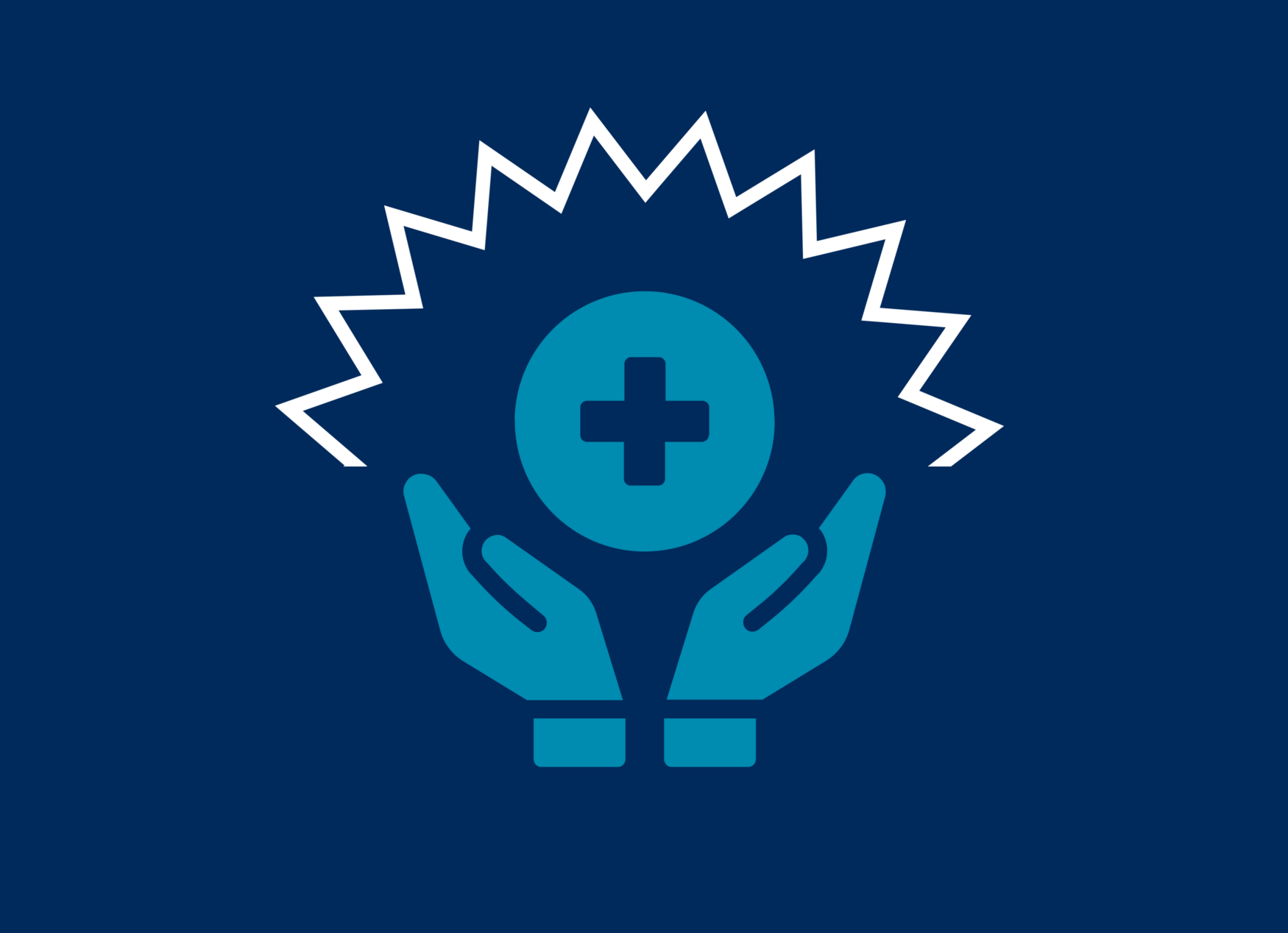
Psychiatry’s mission has always been alleviating the suffering caused by mental illness. Discovering new methods to treat mental illness is a key part of that mission, and faculty members in our department are creating pathways to treatments that could transform the lives of patients. Research into ketamine, psychedelics such as psilocybin, and complex interventions is breaking new ground.
Ketamine and depression
Dr. Alastair Flint, the Department’s Vice Chair Research, and Dr. Venkat Bhat are exploring the potential for ketamine to treat depression.
Ketamine is an anesthetic, meaning it produces a loss of sensation, and is frequently used to relieve pain. Sub-anesthetic doses of ketamine have been found to be an effective and rapid intervention for treatment-resistant depression (TRD). It has the potential to significantly reduce the suffering and the lives lost to treatment-resistant depression and suicidality.
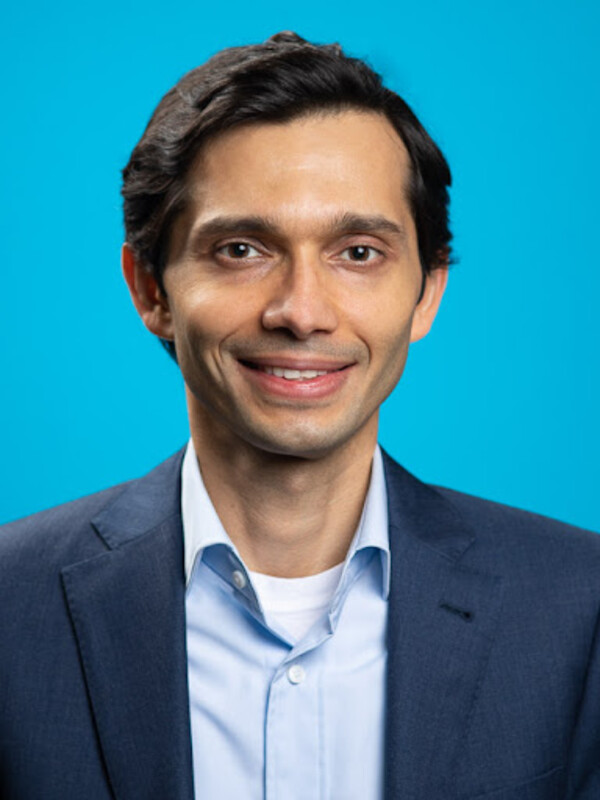
Dr. Venkat Bhat is currently studying ketamine. He envisioned the Interventional Psychiatry Program at St. Michael’s hospital to focus on developing new treatments for treatment-resistant mental illness and understanding underlying mechanisms of action.
“Anesthetics are widely available and it’s been demonstrated that they’re safe when they’re administered in an appropriate manner,” says Dr. Bhat. ”Working with the anesthesia department at St. Michael’s, we developed a collaborative clinical and research program to repurpose anesthetic agents such as ketamine and nitrous oxide for treatment-resistant mental illness. This is a public hospital-based program; we want these new treatments to be accessible to patients with treatment-resistant mental illness who need it the most.”
“Ketamine differs from the currently available antidepressants in that it is rapid-acting, it has anti-suicidal effects, and it can be effective in TRD,” says Dr. Bhat. “With its rapidity and alternate mechanisms of action, ketamine has the potential to significantly reduce morbidity and mortality associated with TRD.”
While Dr. Bhat believes ketamine could have a major impact on how we treat TRD, he cautions that significant research needs to be done to fully comprehend the drug’s safety and effectiveness.
“We need to ensure that the enthusiasm does not overtake the available evidence,” he says. “At this stage, we should focus on critical issues in need of evidence.”
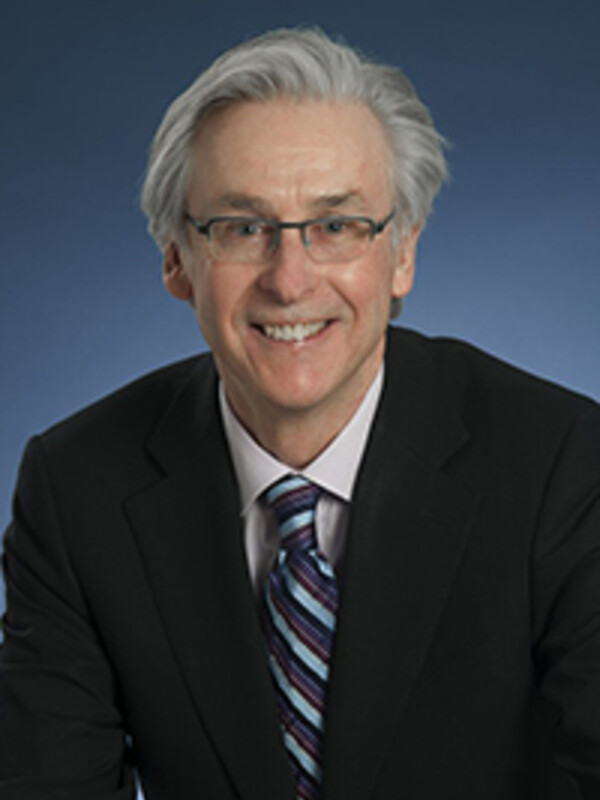
Dr. Flint’s work aims to address some of those issues.
“While ketamine is an effective treatment in the short-term, relapse rates are high when this treatment is discontinued,” says Dr. Flint. “In addition, virtually all research studies of ketamine have focused on younger adults. Our research is focused on assessing the long-term effectiveness and safety of ketamine in older adults with TRD.”
“Ketamine represents a fundamental ‘paradigm-shift’ and has unlocked a new pipeline for drug discovery in depression,” says Dr. Bhat. “Our goal is to understand its effectiveness, safety, and ensure its benefits are accessible and affordable to those who need it the most.”
Psychedelic-assisted psychotherapy
Psilocybin offers another promising avenue for treatment of depression and other mental illnesses.
A naturally occurring substance found in hundreds of species of fungi, psilocybin is a psychedelic, meaning it can induce altered states of consciousness.
Psychedelic-assisted psychotherapy (PAP) involves a patient taking a psychedelic compound while undergoing psychotherapy to treat mental health conditions. PAP typically involves multiple non-drug preparatory sessions without the use of psychedelics, followed by one or more high-dose psychedelic sessions supported by two co-therapists.
Psychedelics may act as a catalyst to achieve greater insight and have emotional breakthroughs in therapy, providing the opportunity for changing negative beliefs that may underlie depression and other mental disorders. PAP is being studied in patients who have failed to respond to other interventions.

Dr. Emma Hapke is researching PAP at the Nikean Psychedelic Psychotherapy Research Centre at UHN.
“The vision for the Nikean Centre is to become an academic and innovation hub conducting high-quality research, pioneering training in psychedelic therapy and eventually treating patients,” says Dr. Hapke. “Our first clinical trial will assess the feasibility and acceptability of a new psilocybin-assisted psychotherapy we have developed, called Psilocybin-assisted Existential, Attachment and RelationaL (PEARL) Therapy, among patients with advanced cancer and associated distress. We hope that PEARL therapy may ease suffering and improve quality of life.”
Dr. Hapke is quick to note that the effectiveness of PAP depends on informed usage and psychotherapy delivered by trained professionals.
“It is clear that ‘set and setting’ are important for good outcomes in psychedelic therapy,” she says. “‘Set’ refers to the mindset of the person going into the psychedelic experience, and ‘setting’ is the physical and social environment in which they ingest the medicine.”
“As the field expands there will be a need for well-trained therapists who can practice ethically sound and culturally sensitive psychedelic therapy with a high degree of integrity,” says Dr. Hapke. “We are planning studies to examine different methods of experiential training for psychedelic therapists in order to enhance safety and therapeutic outcomes in this field.”
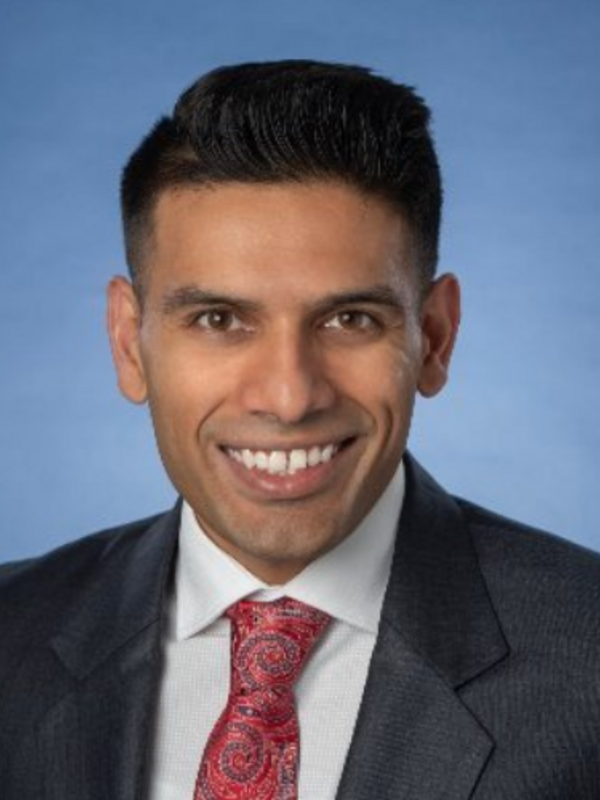
Dr. Joshua Rosenblat’s research is focusing on PAP as a treatment for depression. He is currently leading three Health Canada approved psilocybin clinical trials and has two more in the preparation phase.
“My first clinical trial is evaluating psilocybin-assisted therapy for severe, ultra-refractory depression,” says Dr. Rosenblat. “Previous trials have typically excluded more complex cases. Our trial includes these more complex patients, making our results likely more generalizable to clinical practice where complex patients are the norm.”
Preliminary results of the study have been very positive.
“Importantly, we did not see safety concerns arise in this patient population. For example, even in our patients with severe comorbid borderline personality (typically excluded from previous trials due to safety concerns), they still tolerated the treatment well without any safety concerns observed to date.”
Dr. Rosenblat’s second trial was funded by the Department’s Labatt Family Innovation Fund in Brain Health and is evaluating the effects of psilocybin for bipolar depression, with a focus on the neurobiological effects of high-dose psilocybin in individuals with bipolar II disorder. It is the first study of its kind in Canada.
“Individuals with bipolar disorder have typically been excluded from previous trials due to concerns about complexity and treatment-emergent mania/psychosis. Bipolar disorder has very poor outcomes and new treatments are desperately needed. This study is also helping us understand the dynamics of emotional processing and regulation in bipolar depression.”
Dr. Rosenblat is also working on building infrastructure for psychedelic research in Canada and leading a National Psychedelic Task Force. Through this work he hopes to continue to drive research into psychedelics and prepare to provide psychedelic-based treatments to Canadians safely and effectively. To support this line of research, he has also trained thirty multi-disciplinary psilocybin therapists to serve as psychedelic therapists in future clinical trials.
Dr. Rosenblat also emphasizes that psychedelic research is a ‘team sport’ that requires a large clinical research team to bring together diverse skill sets to successfully complete these complex research studies. Dr. Rosenblat collaborates with numerous U of T Faculty members on these projects, including UHN staff (Drs. McIntyre, Mansur, Offman, Sethi, Schulz-Quach) and CAMH staff (Drs. Husain, Castle, Wang, Hawco). “It truly takes a village to run psychedelic clinical trials.”
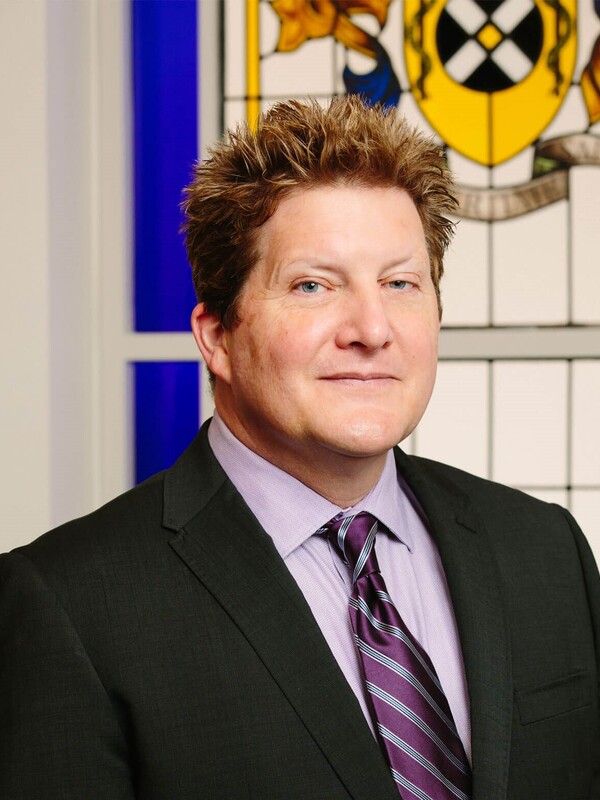
CAMH’s Centre for Complex Interventions
Creating effective treatment for patients with complex health issues can be deeply challenging. The CAMH Centre for Complex Interventions launched in May 2022 to help develop improved strategies for these cases. Dr. David Castle was appointed its Inaugural Director.
“The Centre’s purpose is to design and evaluate novel interventions for patients with complex medical health issues, many of whom have more than one diagnosis,” says Dr. Castle. “To do that, we’re working to bring together junior and senior scientists from a variety of disciplines in the area of applied mental health services interventions research.”
Dr. Castle has had a busy year. In addition to developing the Centre’s governance and setting strategic directions, he’s working to recruit luminaries from across the globe for the Centre’s Advisory Committee and establish the connections that will enable the type of collaboration the Centre needs to deliver on its vision.
The Centre has already launched several projects aimed at bringing holistic care to patients. The Optimal Health Program (OHP) is a self-efficacy program that empowers the patient to manage their wellness and illness by helping them develop a ‘collaborative partnership’ of supportive individuals. Within the OHP there are subgroups focusing on Clinical High Risk Youth, Mental health of the physically ill, and Long COVID. All these groups are collaborating with a diverse set of partners at local hospital and beyond.
“Our goal is to provide people with the tools and support they need to take an active role in managing their conditions and improving their quality of life,” says Dr. Castle.
As our faculty uncover new methods and strategies to treat mental illness, the Department works to share their discoveries widely.
“We play an important role in integrating research among our partner hospitals and other universities,” says Dr. Flint. “We also disseminate best-evidence knowledge to trainees and other health care providers, the public, and policy makers.”
By developing and sharing new treatments, our faculty are providing the tools that will help tomorrow’s patients live happier, healthier lives. Together, we can work toward a future free of the burden of mental illness.
